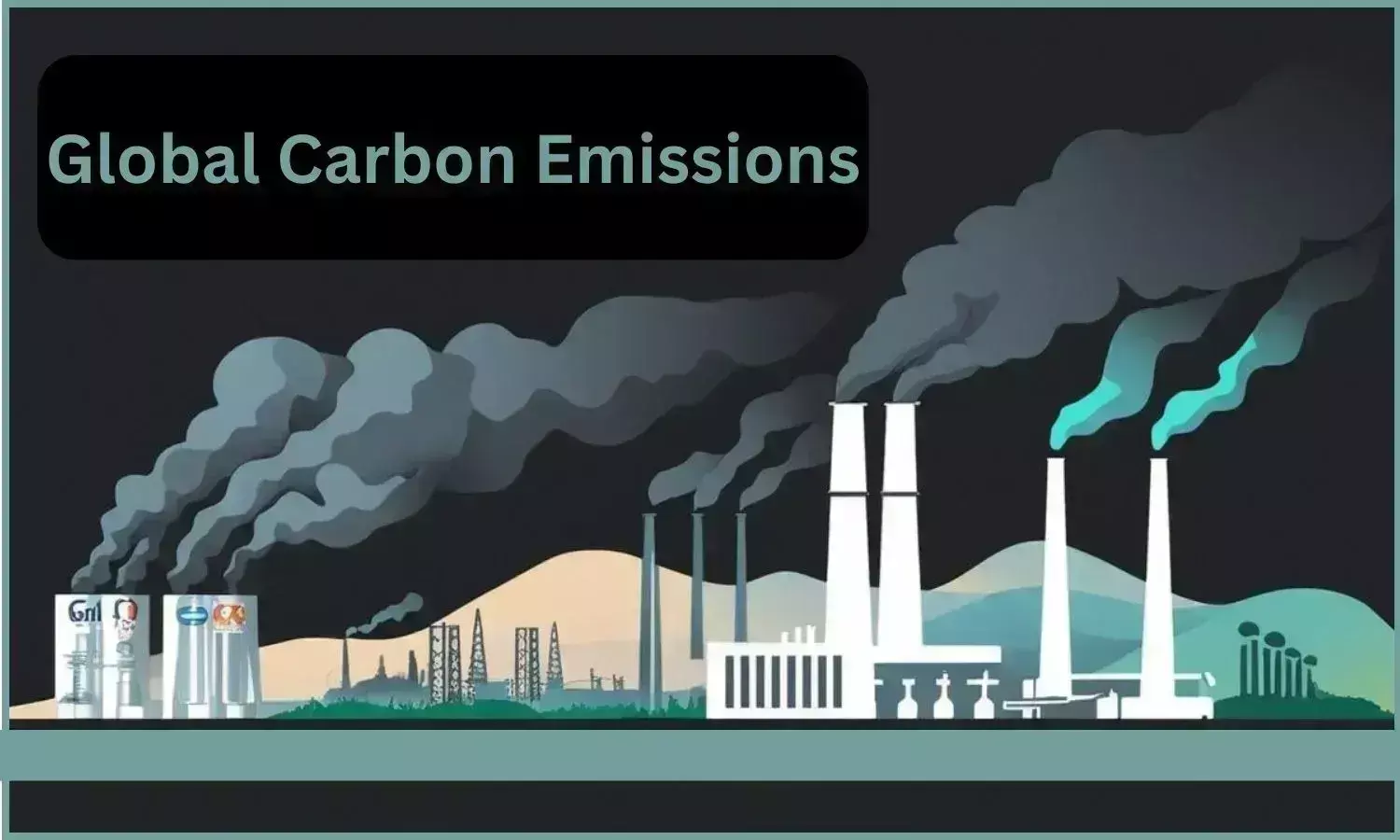36 Companies Responsible for Half of Global Carbon Emissions
A groundbreaking reality was revealed by the Carbon Majors database: just 36 companies are responsible for over 50%.

A groundbreaking reality was revealed by the Carbon Majors database: just 36 companies are responsible for over 50% of global carbon emissions. These entities, predominantly fossil fuel producers, have collectively contributed over 20 billion tons of CO2 in a single year, highlighting their disproportionate impact on the climate crisis. The study identifies major players like Saudi Aramco, Coal India, ExxonMobil, Shell, and numerous Chinese firms as the primary culprits. Notably, state-owned enterprises dominate the list, with 16 of the top 20 emitters being state-run, contributing a staggering 52% of global emissions. Chinese companies alone account for 23% of global fossil fuel and cement-related CO2 emissions.
Top five emitting companies by ownership type, million tonnes CO2 equivalent
State owned
Aramco (Saudi Arabia) -1,839
Coal India (India) - 1,548
CHN Energy (China) - 1,533
NIOC (Iran) - 1,262
Jinneng Group (China) - 1,228
Investor owned
ExxonMobil (US) - 562
Chevron (US) - 487
Shell (UK) - 418
TotalEnergies (France) - 359
BP (UK) - 347
Source: Carbon Majors/InfluenceMap
The Carbon Majors database, tracking historical production data from 180 of the world's largest oil, gas, coal, and cement producers, serves as a crucial tool for climate accountability. It quantifies both direct operational emissions and those from the combustion of marketed products, providing a comprehensive view of these companies' environmental footprint.
Historical data from 1854 to 2023 further underscores the gravity of the situation, revealing that two-thirds of all carbon emissions since the Industrial Revolution can be traced back to these 180 companies. Just 26 of them account for a third of these historic emissions. The cement industry also shows alarming trends, with companies like Holcim Group and Heidelberg Materials experiencing significant emission increases.
The Carbon Majors database has become instrumental in legal and regulatory contexts, supporting Climate Superfund laws and quantifying the role of fossil fuel companies in exacerbating extreme weather events. It has even fueled discussions about potential criminal charges against fossil fuel executives.
Despite global climate commitments, the study indicates a continued increase in production and emissions by these major fossil fuel producers. This trend directly contradicts the International Energy Agency's warning that new fossil fuel projects initiated after 2021 are incompatible with achieving net-zero emissions by 2050.
The urgency of addressing this issue is paramount. To meet the internationally agreed target of limiting temperature rise to 1.5°C, global emissions must decrease by 45% by 2030. However, with emissions still on the rise, the world faces a daunting challenge.
The responses from the companies was varied. While Shell reiterated its commitment to net-zero emissions, others like Saudi Aramco declined to comment, and Coal India, ExxonMobil, Chevron, TotalEnergies, and BP did not respond to requests for comment.
The Carbon Majors report serves as a reminder of the urgent need for corporate responsibility and a shift towards a decarbonized economy. As Christiana Figueres, former UN climate chief, emphasized, "The science is clear: we cannot move backward to more fossil fuels and more extraction. Instead, we must move forward to the many possibilities of a decarbonized economic system that works for people and the planet."

